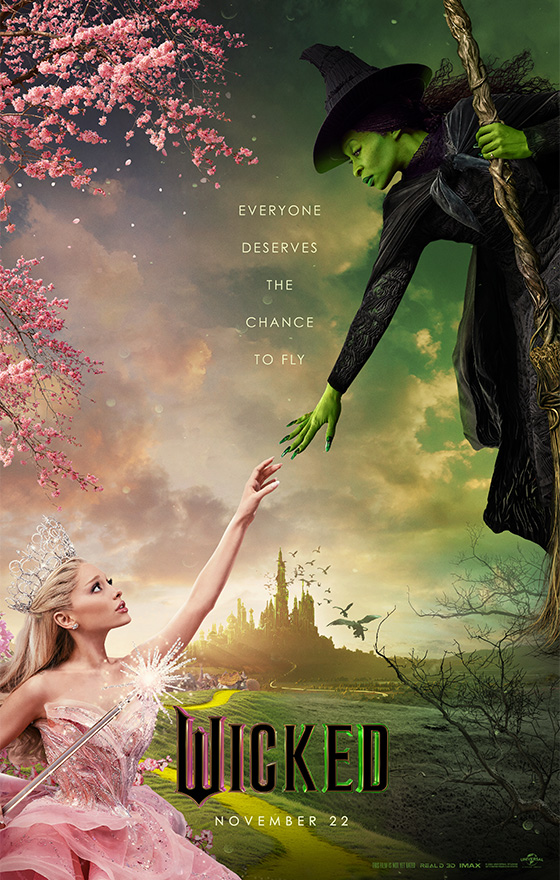J.T. BUCHHEIT | Chief Copy Editor
Television has always had a large influence on shaping people’s opinions of underrepresented people. As time has gone by, television has started to feature black characters and LGBT characters in different roles. Over the last couple of years, television has turned to a new minority: the autistic character.
As an autistic person myself, I am all for giving us more exposure. It heightens awareness and gives people more information about autism. People can watch actors portray us on television and learn about our unique talents and struggles.
Shows such as “Atypical,” “The Good Doctor” and even “Sesame Street” feature autistic characters in large roles, and while I am happy about the increased prevalence of autistics in the media, there is still work to be done.
One stereotype that needs to be quelled is that we are all savants in a certain category.
“The Good Doctor” is about an autistic surgeon who has the ability to diagnose conditions at a glance from minimal visual cues. “The Accountant” gives an autistic character prodigious mathematical and marksmanship skills. I will not mention “Rain Man,” because contrary to popular belief, the character he was based on was not autistic.
[perfectpullquote align=”full” cite=”” link=”” color=”” class=”” size=””]The fact that so many autistics in the media are portrayed this way seems like a way for writers to give a character a type of “superpower” that can make audiences ooh and ahh while at the same time provide an easy way to solve problems.[/perfectpullquote]
Only an estimated 10 percent of autistic people actually have savant-level abilities, according to the Autism Research Institute. The fact that so many autistics in the media are portrayed this way seems like a way for writers to give a character a type of “superpower” that can make audiences ooh and ahh while at the same time provide an easy way to solve problems. Does something seemingly impossible need to be accomplished? Autistic character to the rescue! It’s becoming a trope, and I’d like to see more realistic characterizations of autism.
This brings me to “Atypical.” The autistic character, Sam, does not have any savant-level abilities; rather, he simply has a special interest in penguins and Antarctica. This is realistic and believable, as nearly all autistic people, including me, have topics that we obsessively research and learn everything about.
It also draws attention to Sam’s sensory issues, especially his hypersensitivity to sound, which is a symptom that is glossed over all too often when showing an autistic character.
However, his symptoms do tend to be more severe and stereotypical than those of most autistic 18-year-olds. I can understand this, as some exaggeration is needed to get the point across about what many characters feel.
But then there’s TV’s No. 1 comedy. Nobody working on “The Big Bang Theory” has said that Sheldon Cooper is autistic, although his actor, Jim Parsons, has said Cooper has some tendencies of it. But anybody who knows something about high-functioning autism could spot the signs from a mile away.
Cooper has poor social skills, obsessive interests, adherence to habits and aversion to touch. But there is a recurring problem with shows that have autistics in large roles: The autistic person is often used as the main source of laughter. And while this can be used effectively, it is usually at the autistic’s expense.
Cooper is the most relatable character in the show for me. I completely understand his social blunders and absolute honesty, and more often than not, I side with him in the show. But he is treated as a burden by other characters, and his social gaffes and strictness with his routine are often used as points of derision in the show. The audience is supposed to laugh at his autistic tendencies.
“Atypical” also uses Sam’s autistic characteristics as a way to elicit laughs from the viewers. The goal now is to transition autistic characters from being featured in shows where their main purpose is to be the butt of jokes about their characteristics to understanding their value to the communities while not going overboard and stereotyping them all as savants. It’s a fine line, but they were able to achieve it with LGBT characters, so there’s no reason they can’t also do it with autistics.
I am happy that we are being featured more in the media, and I think as we go on, people will start to realize that we are more than a bunch of symptoms and can function as more than comic foil. There is a long way to go, but I am hopeful for the road ahead.







